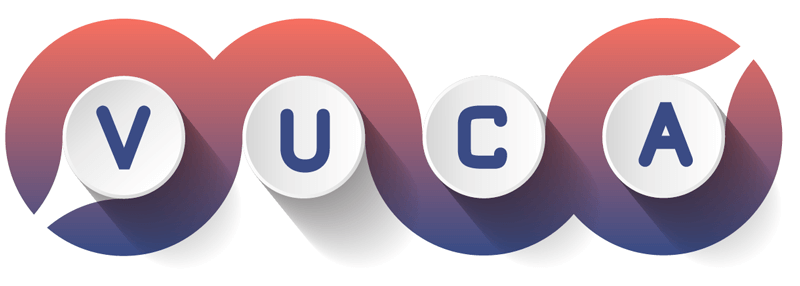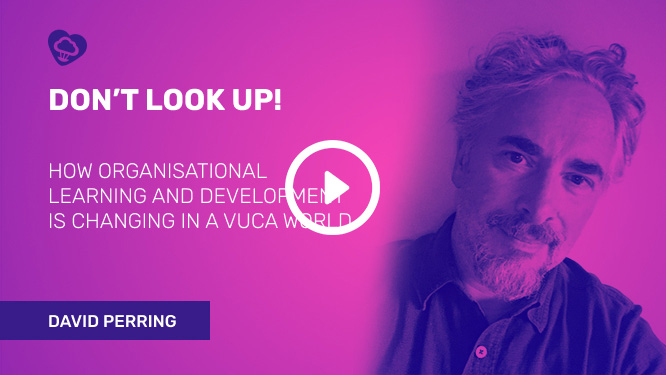Share
I can’t think of a time in the last 30 years when there was so much change and challenge in the world. Perhaps there was for my parents and grandparents, but in my working lifetime we seem to have stepped into a new era, one in which the term VUCA – volatile, uncertain, complex and ambiguous – takes on ever more significance by the day.
It takes your breath away just thinking about the changes that people face at work and the transitions we expect them to cope with in terms of understanding new products, new systems, new ways of working, new processes and new markets along with agile and digital business transformations.
At the heart of these changes is learning – learning the technical skills and people skills, along with learning needed to keep up with the accelerating knowledge that surrounds every job. Learning is the one tool that helps us adapt and foster the resilience needed to stay comfortably above the waves of change, rather than drowning under them.

What’s happening in learning organisations to cope with a VUCA world
So, how are successful organisations managing learning to help their people cope in a post-Covid, always challenging VUCA world?
There are several things they are embracing to scale up their function, drive more effective learning and deliver more strategic outcomes. These include:
- Personalisation – of learning experiences, structure and content
- Just in time performance support across the employee experience
- Bite-sized learning – chunked to the 5 moments of need
- Social learning cycles – learning through work, mentoring and coaching
- Connecting people to future skills needed by the organisation
- More immersive learning approaches to help enable the practice of skills.
Interestingly, this approach is not led by tools and technology, but by business and people value. By delivering faster, more effective, more contextual and deeper learning aligned to measurable business outcomes organisations are able to invest more time and resources to innovate.
Within this we see a parallel approach to learning, one that supports performance now and also provides a more strategic people-centred approach that helps people succeed in their roles in the future. Supporting performance now – for predictable drivers of learning e.g. new systems, new processes, new products etc – requires more of a just in time, knowledge-centred approach to learning.
A more strategic people-centred approach develops people skills and technical skills through input, action, feedback and reflection. The purpose is to energise and build people’s resilience, connect them to their aspirations, career goals and opportunities to grow in the organisation. So, you have a practical perspective of helping people perform in their roles today and as well as a nudge for helping people succeed in their roles tomorrow.
Much of this is being enabled by a revolution in people intelligence – powered by AI. It’s the machine that is making the connections to content and mentors. It’s the AI that is creating the transparency between work, people, assignments, projects and how individuals know what upskilling and reskilling they need to be even more employable. It’s learning with purpose. It’s learning that is more agile. It’s learning that is more intelligent. It’s learning that is more personalised and contextualised. It’s learning that is transformative for people and it’s learning that is more transformative to organisations.
This is at the heart of the future of digital learning and will help us learn to adapt to an ever more challenging world.
It’s the powering of new behaviours – so we have the confidence to look up! and solve some of the immense problems that appear every day and see them as incredible opportunities to make truly positive changes, to ourselves and our world.

VIEW RECORDING
WE LOVE LEARNING 2022
Header image: Eunice Lituañas at Unsplash.
Share

